Posted by C. M. Rubin on Feb 23, 2014
The Global Search for Education: What Germany Did
“The results that were above the OECD average in the PISA 2012 test could also be interpreted as good feedback to the schools – students, teachers, principals and the parents – that their efforts were necessary and successful.” – Elfriede Ohrnberger Germany’s poor performance in the 2000 PISA test surprised and concerned the relevant stakeholders in that country. By 2012, scores in mathematics, reading and science were above the OECD average. The Program for International Student Assessment (PISA), a triennial international survey, aims to evaluate education systems worldwide by testing the skills and knowledge of 15-year-old students. To date, students representing more than 70 economies have participated in the assessment. Importantly, Germany is one of only three countries that improved in both mathematics performance and equity since 2003. Additionally, Germany’s significant improvements in mathematics performance between 2006 and 2009 were largely the result of better performance among low-achieving and disadvantaged students. Elfriede Ohrnberger, Ministerialrätin of the Bavarian State Ministry of Education, joins me today in The Global Search for Education to discuss what Germany did. “German media reported the results of the first PISA test and added comments by journalists, scientists and relevant stakeholders describing these results as a PISA shock for Germany. But Germany took this as a salutary lesson.” – Elfriede Ohrnberger Congratulations on Germany’s success in the 2012 PISA test. Was improving your students test results in the PISA exam important to you and why? After the rather disappointing results for Germany in the first PISA test in the year 2000, the continuing improvement in all the test domains as well as the improvements for specific student groups have been recognized and appreciated warmly. On one hand, politicians and school administration could assume that the measures that had been taken after the release of the first PISA results were adequate and focused on the relevant areas. On the other hand, the results that were above the OECD average in the PISA 2012 test could also be interpreted as good feedback to the schools – students, teachers, principals and the parents – that their efforts were necessary and successful. “In September 2005, the Standing Conference of the Ministers of Education and Cultural Affairs of the Länder passed a comprehensive quality assurance framework concept for teaching.” – Elfriede Ohrnberger To what do you attribute your success? German media reported the results of the first PISA test and added comments by journalists, scientists and relevant stakeholders describing these results as a PISA shock for Germany. But Germany took this as a salutary lesson. After the release of the first PISA results, the Standing Conference of the Ministers of Education and Cultural Affairs of the 16 Länder named seven areas in which the Länder and the Standing Conference of the Ministers of Education and Cultural Affairs would become active (in Germany it is the Länder – the States of Germany – that are responsible for educational affairs): Measures to improve linguistic competence as soon as early childhood education. Measures to strengthen the link between the early childhood sector and primary school with the aim of an early school entry. Measures for the improvement of primary education and the continuous improvement of reading literacy and basic understanding of mathematical and scientific concepts. Measures for efficient support of educationally disadvantaged children with particular regard to children and young people with a migrant background. Measures to thoroughly develop and assure the quality of teaching and schools on the basis of binding educational standards and result-oriented evaluation. Measures to improve professionalism in teaching with particular regard to diagnostic and methodical competence as an element of systematic school development. Measures to expand provision of all-day...
Read more

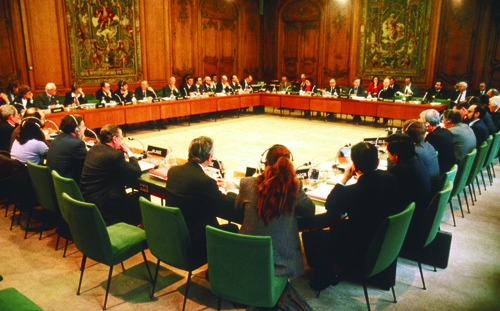
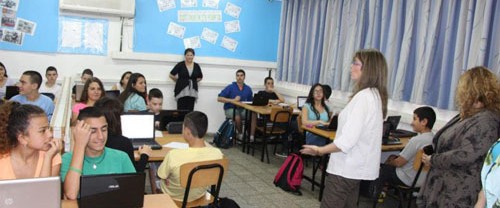


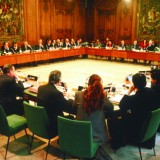
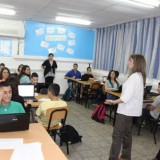

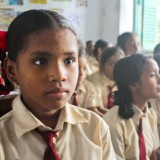
Recent Comments